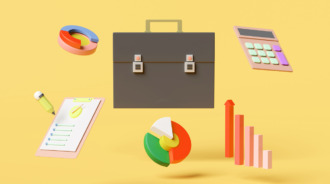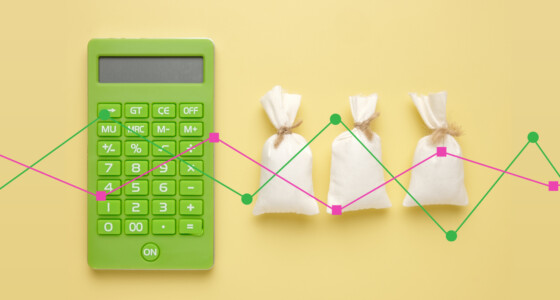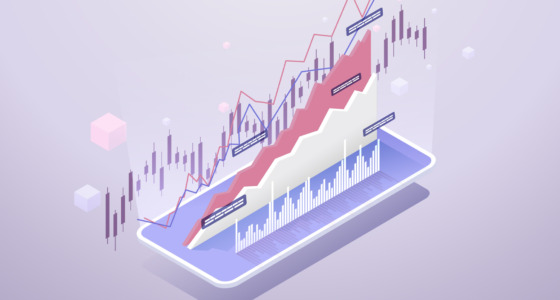

From year to year financial spheres (like banking, insurance and money management) and the tech industry are getting more and more intertwined. Growing technologies can’t but influence major spheres of our life including financial ones. Competitive pressure makes banks and insurance companies amp up.
Let’s talk business and dive deeper into the trends of 2023.
1. Increasing competition in retail banks
Companies are trying harder and harder to satisfy customers’ growing requests to deliver faster and better services. As a result of a highly competitive market, customers nowadays are getting more from the banks.
2. Blockchain technology is now more integrated with financial industry
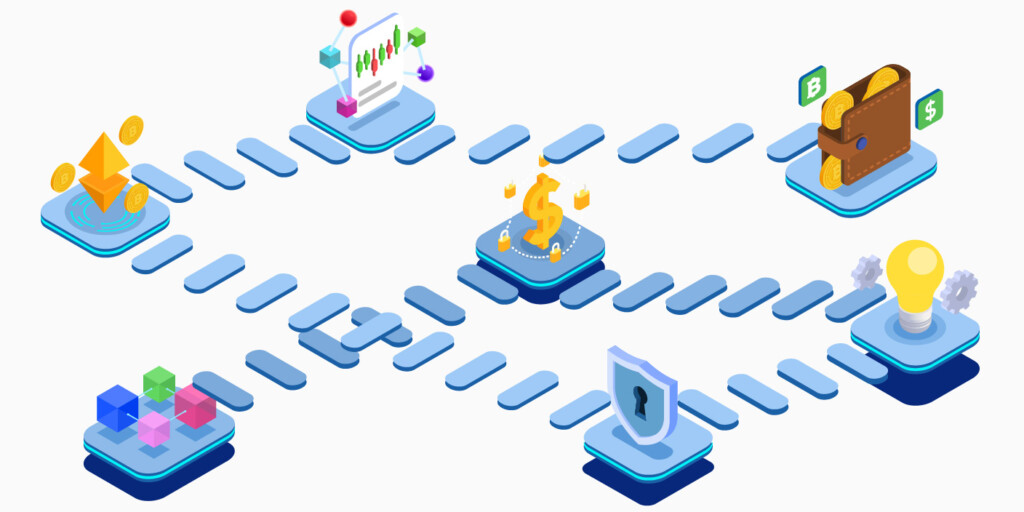
Search interest is a pretty genuine reflection of what’s going on in customers’ and services suppliers’ heads. So, the “blockchain” search interest has grown as much as 2,700% in the last 10 years. Pretty soaring technologies, will you agree?
While maintaining tight security of financial transactions is a big priority for both bank and customers, use of blockchain technologies allows to make it cheaper and more efficient.
The industry anticipates growth up to $150 billion by 2025.
As for the insurance industry, an Ethereum blockchain, for example, allows to connect the insurance contractor with the air traffic data and stay more up to date with any accidents and the whole situation with the flights.
3. Mission: effectiveness
With the ongoing growth of the younger customers generation banks will fall behind if not use technologies and deep customer segmentation in 2023. Implementing digital technologies will provide the challenges of a competitive market. Not saying this is going to be an all-at-once experience. It’s rather a gradual step by step journey.

4. ML and AI are two core definitions for fintech in 2023
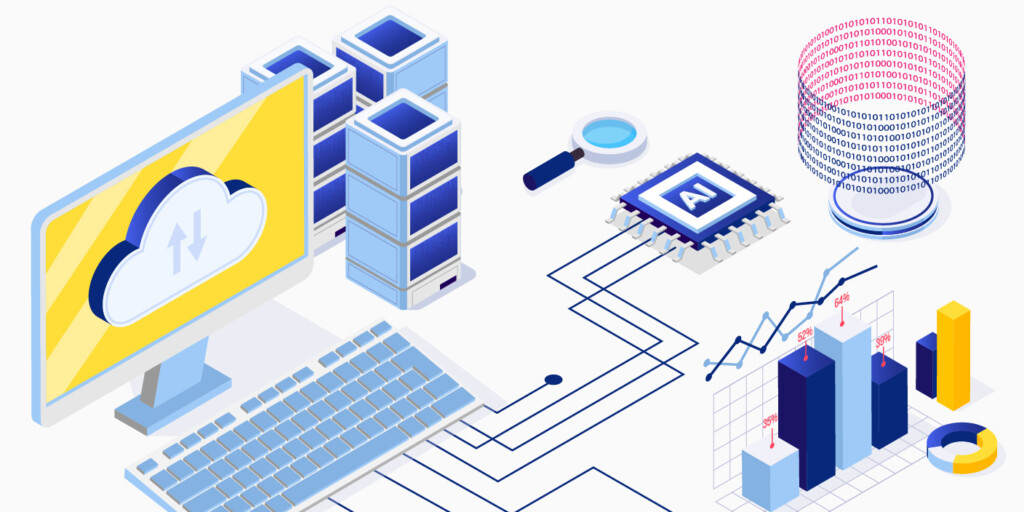
ML is a machine learning based on algorithms. ML uses computer algorithms and analytics to construct predictive models that can solve business problems.
Using ML in banking is a grand instrument to detect irregularities as well as define customers behavior patterns. Deeper understanding leads to a better product customization. No other sphere than banking has been massively using virtual assistants and chatbots, all created and maintained by AI,
AI is a human operated and centered artificial intelligence that provides customers support automation and decision process simplification.
Together, ML and AI create the advantage of fraud prevention, fraudulent transaction detention and build the overall financial security and customer support in the fintech sector.
In general, the fintech sector will grow and is predicted to reach 173 billion by the end of 2023.
5. Personal finance apps is a must
7.7 billion people around the world own smartphones which means they have access to mobile apps. Again, a little bit of statistics: the personal finances apps downloads grew for 90% since 2020 and search for cash apps increased for 340% since 2018.
Ability to manage their money (and do it remotely) seems to be attractive to people – and not only manage, apps of this category are useful for stocks and crypto investing. Most of them are safe, too.
6. Embedded finance
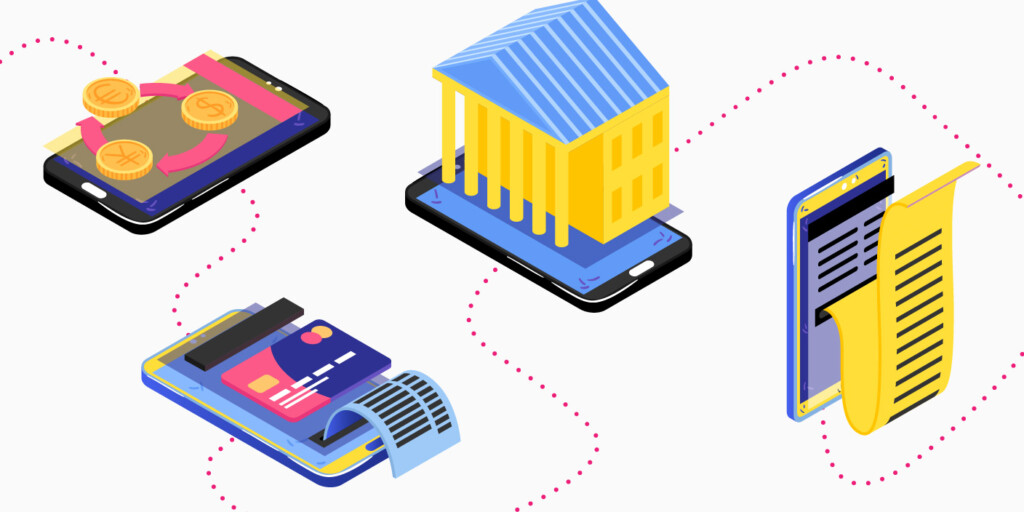
Customers appreciate their time and retailers appreciate the customers buying their products. That’s why making a purchase with the quick and easy “buy now pay later” model is so attractive to all the parties. This can be realized with the embedded finance that allows the customer not to switch between different apps. Win-win!
That’s just one example of how embedded financing can be installed into a wide category of services and platforms helping people to manage their finance in a more convenient way.
Embedded finance is predicted to be the dominant trend in 2023 and will expand by 44% annually over the next several years.
7. Customers’ behavior
The peak of global inflation was in 2022 and customers have learned the lesson. The inflation is slowing down while estate prices and high interest rates are still growing or stay at the same level. In 2023 people tend to save more and be more mindful about ‘emotional shopping’ and impulse purchases. However, experts predict growth of customers’ activity at the second half of 2023 as during the pandemic most people were anxious about the future and saved more than usual. Household budgets have strained under inflation but now it’s time to relax and let it go.
Digital fluidity also tales the floor, these are newly gained habits from people who used to avoid online shopping. Blended experience of online and offline is getting more popular especially in senior population groups.

